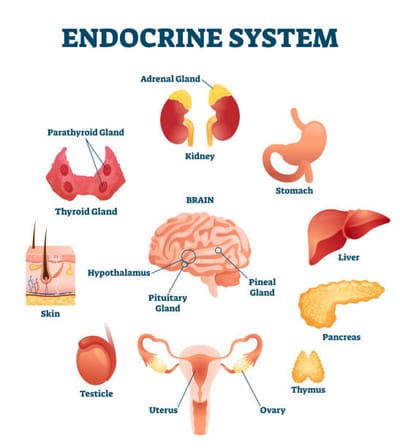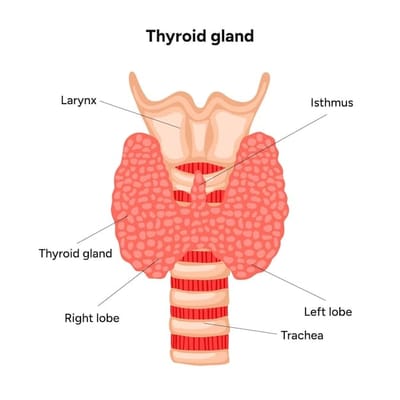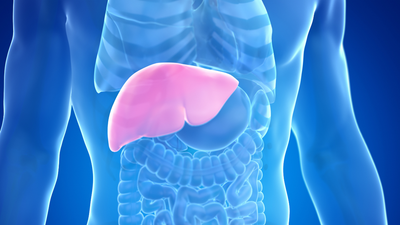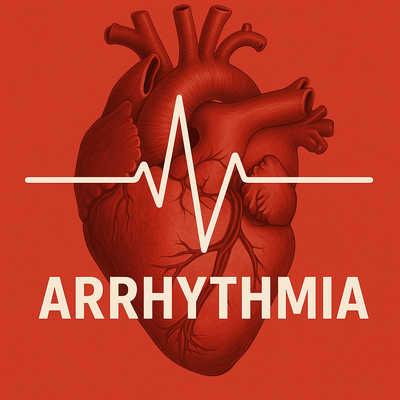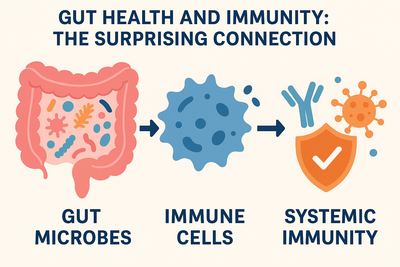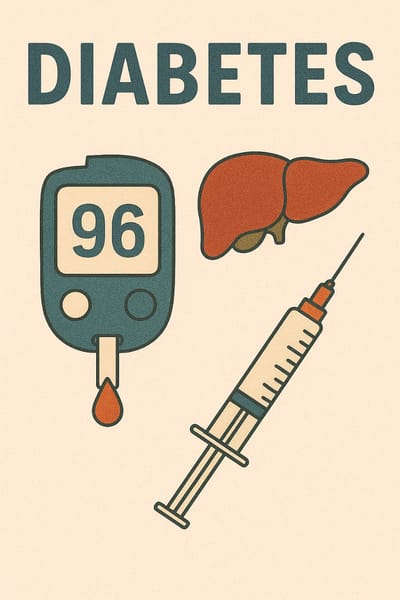Articles #fatigue
In clinical practice, I have often described the liver as the body’s silent workhorse. It performs more than 500 essential functions — from processing nutrients and detoxifying harmful substances to producing proteins vital for blood clotting. Yet, despite its importance, the liver rarely “complains” until the damage is advanced. This makes recognizing the early signs of liver trouble critical for timely intervention.
Read MoreThe human heart is designed to beat in a steady, rhythmic pattern, ensuring blood reaches every organ with precision. When this rhythm is disturbed, it is known as an arrhythmia or heart rhythm disorder.
Read MoreFor decades, the immune system was considered a self-sufficient defense force, separate from other body systems. Today, modern science has revealed a fascinating truth: the gut and its trillions of resident microbes are deeply intertwined with immune health. Nearly 70% of immune cells reside in the gut-associated lymphoid tissue (GALT), making the intestine not just a digestive organ but a central hub of immunity.
Read MoreVitamin D is not just a “bone vitamin.” It is a vital hormone-like substance influencing bones, muscles, the immune system, cardiovascular health, and even mental well-being. Deficiency is often silent, creeping in unnoticed, but its long-term consequences can be profound. As physicians, we encounter this problem daily in practice, yet it remains underestimated by patients and even some professionals.
Read MoreDiabetes mellitus is not a single disease—it is a family of metabolic disorders characterized by high blood sugar due to problems with insulin. It is one of the leading global health concerns, affecting millions of people across all age groups.
Read MoreDiabetes mellitus (DM) is a chronic metabolic disorder characterized by persistent hyperglycemia — an abnormally high level of glucose in the blood. It results either from: • Deficient insulin secretion (the pancreas does not make enough insulin), • Impaired insulin action (cells do not respond properly to insulin), • Or a combination of both.
Read More